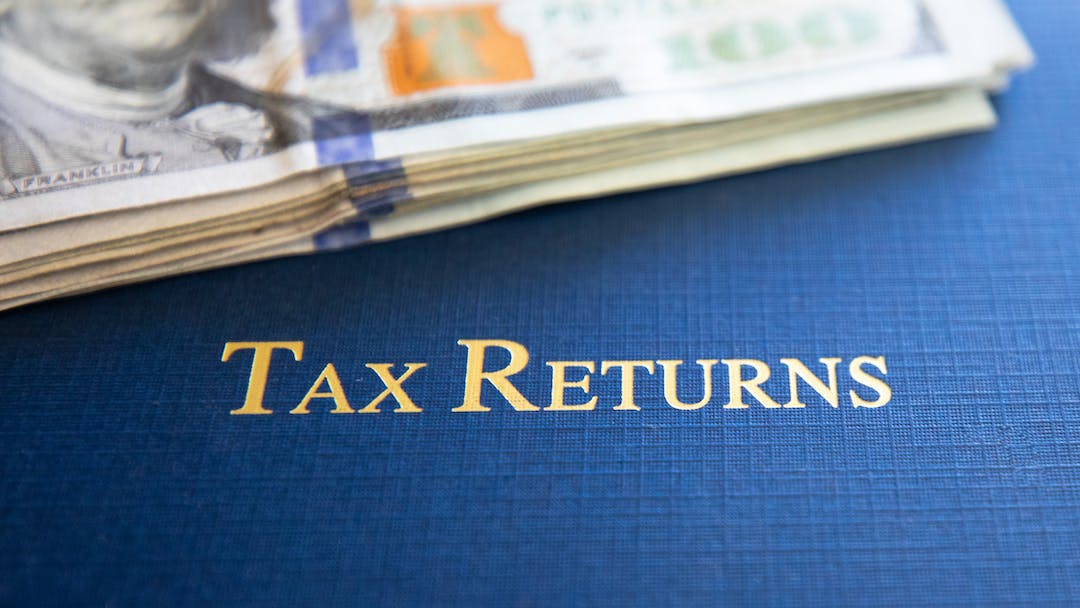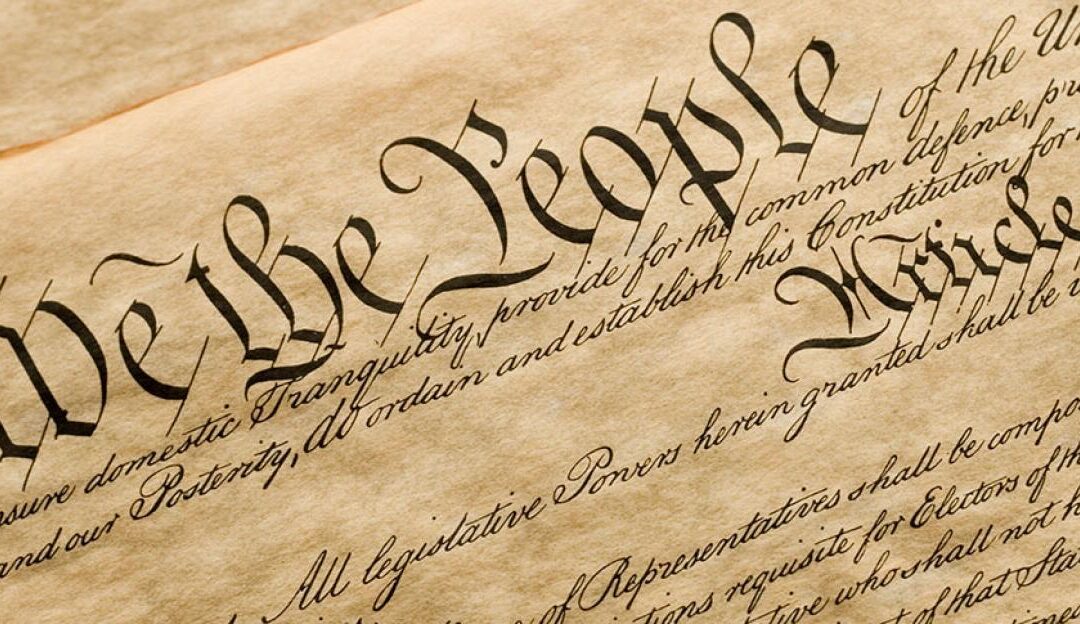No Results Found
The page you requested could not be found. Try refining your search, or use the navigation above to locate the post.

Joe Biden has extended pardons for individuals charged with simple cannabis possession and use, yet disappointingly, he has refrained from granting clemency to those currently incarcerated for cannabis-related offenses.
In an extension of the previous year’s extensive federal pardons for cannabis possession, Joe Biden has issued additional pardons for thousands of individuals convicted of simple cannabis use and possession on federal lands and in Washington D.C., according to the Associated Press.
The White House recently announced granting clemency to 11 individuals who have been incarcerated for nonviolent drug offenses, acknowledging the unjustly lengthy sentences they have served.
However, it is essential to note that these pardons do not lead to the immediate release of any current prisoners serving time for cannabis-related offenses.
Rather, the purpose behind these pardons is to tackle the obstacles that individuals face in seeking employment and housing opportunities due to their past cannabis convictions.
This signifies a symbolic shift in the federal government’s approach to cannabis convictions, aiming to support individuals reintegrating into society.
Komorn Law is Michigan’s top cannabis law firms when it comes to licensing, consulting and legal defense.
Call them if you’re thinking about venturing into the marijuana business in Michigan (248) 357-2550
Biden said that the pardons would help make the “promise of equal justice a reality,” the report said.
“Criminal records for marijuana use and possession have imposed needless barriers to employment, housing, and educational opportunities. Too many lives have been upended because of our failed approach to marijuana. It’s time that we right these wrongs.” – President Joe Biden, via the AP
President Biden has restated his desire for U.S. governors to nullify state cannabis convictions. He emphasizes the importance of this action, aligning with his ongoing commitment.
“Just as no one should be in a federal prison solely due to the use or possession of marijuana, no one should be in a local jail or state prison for that reason, either.”
Officially, cannabis remains federally prohibited under the Controlled Substances Act as a Schedule I substance. This classification is reserved for substances that are considered to lack any currently accepted medical use and have a high potential for abuse.
However, the U.S. Department of Health and Human Services recommended in August that cannabis be moved from Schedule I to Schedule III.
The page you requested could not be found. Try refining your search, or use the navigation above to locate the post.

Cannabis operators face IRS Revenue Code 280E restrictions, but smart tax planning and strategies allow entrepreneurs to mitigate its impact on their business.
Komorn Law is Michigan’s top cannabis law firms when it comes to licensing, consulting and legal defense.
Call them if you’re thinking about venturing into the marijuana business in Michigan (248) 357-2550
Being a legal cannabis company, you are likely familiar with the IRS Tax Code 280E. This tax code sets forth financial hurdles directly related to the amount of tax liability you owe the government at the end of the year.
From cultivators to retail shop owners, whether operating in the medical or adult-use sector, the burdensome financial implications of 280E pose significant challenges for legal businesses in the cannabis industry. The ambiguity surrounding the IRS guidelines on acceptable business write-offs creates substantial obstacles for company owners, hampering their ability to navigate the complex landscape effectively.
Read the rest of the article and more here at Ganjapreneur
Working With, Not Against, IRS Revenue Code 280E
The page you requested could not be found. Try refining your search, or use the navigation above to locate the post.

An initiation of legislation to enact the Improved Workforce Opportunity Wage Act which would fix minimum wages for employees within this state; prohibit wage discrimination; provide for a wage deviation board; provide for the administration and enforcement of the act; prescribe penalties for the violation of the act; and supersede certain acts and parts of acts including 2014 PA 138.
History: 2018, Act 337, Eff. Mar. 29, 2019
Compiler’s Notes: Public Act 337 was proposed by initiative petition pursuant to Const. 1963, art 2, section 9. On September 5, 2018, the initiative petition was approved by an affirmative vote of the majority of the members of the Senate and an affirmative vote of the majority of the members of the House of Representatives, and filed with the Secretary of State on September 5, 2018.
| Document | Type | Description |
| Section 408.931 | Section | Short title. |
| Section 408.932 | Section | Definitions. |
| Section 408.933 | Section | Applicability of act. |
| Section 408.934 | Section | Minimum hourly wage rate. |
| Section 408.934a | Section | Compensation for workweek in excess of 40 hours; exceptions; rules; unpaid minimum wages; appropriation; compensatory time in lieu of monetary overtime compensation. |
| Section 408.934b | Section | Training hourly wage; employee less than 18 years of age; displacement prohibited; violation; civil fine. |
| Section 408.934c | Section | Rates for apprentices, learners, and persons with physical or mental disabilities; establishment. |
| Section 408.934d | Section | Minimum hourly wage; establishment; conditions; gratuities defined. |
| Section 408.935 | Section | Wage deviation board; appointment, qualifications, and terms of members; chairperson; commissioner as secretary; quorum; vote on recommendation or report; conducting business at public meeting; notice of meeting; availability of writings to public; compensation and expenses; obtaining data from employer; report to commissioner; reconsideration of rate. |
| Section 408.936 | Section | Rules. |
| Section 408.937 | Section | Statement of hours, wages, and deductions; inspection; posting of regulations and orders. |
| Section 408.938 | Section | Administration and enforcement of act; investigating and ascertaining wages; revealing facts or information. |
| Section 408.939 | Section | Violation of act by employer; civil action; fine. |
| Section 408.940 | Section | Applicability of act; payment in accordance with minimum wage and overtime compensation requirements. |
| Section 408.941 | Section | Discrimination against employee serving on or testifying to wage deviation board; violation. |
| Section 408.942 | Section | Discharge of employees within 10 weeks of employment; violation. |
| Section 408.943 | Section | Discrimination based on sex. |
| Section 408.944 | Section | Operation of massage establishment; violation. |
| Section 408.945 | Section | Inconsistent acts or parts of act; reference to workforce opportunity wage act. |
The page you requested could not be found. Try refining your search, or use the navigation above to locate the post.

Adult-use recreational marijuana has been legal in Michigan since voters approved a ballot proposal in the 2018 election, and sales commenced in 2019. However, numerous Michigan communities have chosen not to participate.
That doesn’t mean recreational cannabis is illegal in these areas, it just means that businesses are prohibited from selling it.
Among the 1,773 municipalities in Michigan, which includes cities, villages, and townships, over 1,300 have chosen not to participate in cannabis sales and associated tax revenue.
Komorn Law is Michigan’s top cannabis law firms when it comes to licensing, consulting and legal defense.
Call them if you’re thinking about venturing into the marijuana business in Michigan (248) 357-2550
Here is the list of communities that have opted out.
(Please note this is an evolvoing list and changes are made often. Check it often if you need the information).
(Note this list changes and should be checked at the time of interest in licensing or doing cannabis business in Michigan)
If you don’t want to submit and plead and want to fight for your rights.
Call our office: Komorn Law (248) 357-2550.
We have defended many cases with positive outcomes since 1993.
The page you requested could not be found. Try refining your search, or use the navigation above to locate the post.

The Constitution of the United States is the supreme law of the United States of America for now. It superseded the Articles of Confederation, the nation’s first constitution, in 1789. Originally comprising seven articles, it delineates the national frame and constraints of government.
It’s a powerful shield protecting our fundamental right to express ourselves freely and engage in open discourse. But understanding the intricacies of these rights and how they apply in the modern world can be tricky.
So, let’s dive into your First Amendment toolbox, equipping you with the knowledge to navigate the landscape of free speech.
This is the big one, the right to express your thoughts and opinions without fear of government censorship. Whether you’re a fiery political commentator or a budding poet, your voice matters. This right extends to various forms of expression, from written and spoken words to artistic creations and even symbolic acts.
Remember, however, that this freedom isn’t absolute. Speech that incites imminent lawless action (“fire in a crowded theater”), or is demonstrably false and harmful (“yelling fire in a non-burning building”) can be restricted so can other speech depending on the powers at be.
The First Amendment guarantees both freedom of religion and freedom from religion.
This means you have the right to practice any faith (or no faith at all) without government interference. You can build houses of worship, engage in religious ceremonies, and share your beliefs openly.
However, this freedom doesn’t extend to actions that violate other laws or infringe upon the rights of others.
Komorn Law is one of Michigan’s top 10 legal defense firms
If you a looking to hire a law firm to fight for your rights tap to call us
(248) 357-2550
The press acts as a “vital” watchdog for our “democracy”, and the First Amendment protects its right to gather and report the news freely. It also acts as a mouthpiece for whoever is buying.
This includes traditional media outlets like newspapers and television stations, as well as online platforms and independent journalists.
Similarly, the right to assembly allows you to gather peacefully to protest, petition the government, or simply express your collective opinion.
This right lets you voice your concerns and demands directly to your “elected” representatives.
You can write letters, make phone calls, attend town hall meetings, or even stage peaceful protests to make your voice heard.
Remember, there’s a claim that the government is accountable to the people, and your voice plays a crucial role in shaping public policy if you yell loud enough.
The rise of the internet has blurred the lines between traditional and new media, raising new challenges for First Amendment interpretation.
Issues like online hate speech, “fake news,” and content moderation on social media platforms are constantly evolving.
It’s important to remember that the core principles of the First Amendment still apply online, but how they are interpreted and enforced in this new landscape remains an ongoing power struggle.
While powerful, your First Amendment rights are limited.
Certain types of speech, like obscenity, defamation, and true threats, can be restricted.
Additionally, the government has a legitimate interest in maintaining public order and safety, which can sometimes lead to limitations on free speech and assembly.
It’s crucial to understand these limitations and engage in responsible speech that doesn’t harm others or incite violence. If you don’t understand, an unscheduled confinement in the fortress of solitude may reassure your understanding of who is in charge of those rights.
Further Resources:
Here are some helpful resources:
The page you requested could not be found. Try refining your search, or use the navigation above to locate the post.

According to MLive – The likelihood of black-market marijuana growers in Michigan facing full-blown, paramilitary-style raids featuring battering rams and heavily armed narcotics teams has diminished. But everyone else knows better.
Growing illegal marijuana in Michigan, even potentially thousands of plants, is only a misdemeanor crime, the state Court of Appeals ruled on Oct. 5, 2023.
Attorney Michael Komorn of the Komorn law firm specializes in cannabis defense and currently has several clients charged under felony marijuana possession laws. In light of the Court of Appeals ruling, he plans to file motions requesting those charges be reduced to misdemeanors.
Komorn said most prosecutors and police have already placed a low priority on marijuana enforcement, except for “certain pockets” of the state.
“They’ll raid like the old days, come in with guns and masks and go through that whole process,” he said, “but their dilemma is, how do we charge somebody. What, do you get charged with a misdemeanor?
“I have a number of cases where they’ve seized property and not charged anybody. And you can only reap the benefits of forfeiture if you get a felony conviction.”
Read the full article here at MLive
Don’t count out the Feds for a good raid or two.
Under federal law, marijuana is a Schedule I controlled substance, meaning that it has a high potential for abuse and no currently accepted medical use. This means that it is illegal to possess, manufacture, distribute, or dispense marijuana, except for certain research purposes.
The federal laws regarding marijuana are enforced by the Drug Enforcement Administration (DEA). The DEA can investigate and arrest people for marijuana offenses, and it can also seize marijuana and other assets related to marijuana trafficking.
The penalties for marijuana offenses under federal law can be severe. For example, possession of marijuana can be punished by up to one year in prison and a fine of up to $1,000. Manufacturing, distributing, or dispensing marijuana can be punished by up to five years in prison and a fine of up to $250,000.
However, it is important to note that the federal laws regarding marijuana are in conflict with the laws of many states. In recent years, a growing number of states have legalized marijuana for medical or recreational use. Despite the state laws, marijuana remains illegal under federal law.
This conflict between federal and state law has created a number of challenges for law enforcement and the marijuana industry. For example, it is unclear whether federal law enforcement officials can arrest people who are using or selling marijuana in states where it is legal. Additionally, the legal marijuana industry has difficulty accessing banking services and other financial resources, because banks are afraid of violating federal law.
There is a growing movement to reform the federal laws regarding marijuana. A number of bills have been introduced in Congress that would legalize marijuana at the federal level or deschedule it from the Controlled Substances Act. However, it is unclear whether any of these bills will be passed into law.
In the meantime, the conflict between federal and state law remains. People who use or sell marijuana in states where it is legal should be aware that they are still violating federal law.
Michigan has seen a rise in “illegal” marijuana grows in recent years, despite the state’s legalization of recreational and medical marijuana in 2018. These grows are often large-scale operations that operate without a license and violate state laws.
There are several reasons why individuals may choose to engage in illegal marijuana cultivation. Some individuals may opt for this path to evade taxation on their marijuana sales, while others may partake in the black market trade. Additionally, certain individuals may unknowingly cultivate marijuana illegally due to a lack of awareness regarding their state’s marijuana laws.
Cannabis grows can have a number of negative consequences. They can be a nuisance to neighbors, due to the smell of marijuana and the increased traffic in and out of the property.
Cannabis grows can also be a public safety hazard, as they may use dangerous chemicals and electrical equipment. Additionally, these alleged illegal grows can contribute to the black market for marijuana.
The Michigan State Police (MSP) is responsible for investigating illegal marijuana grows in the state. The MSP has a dedicated Marijuana and Tobacco Investigation Section (MTIS) that investigates these crimes.
In recent years, MTIS has conducted hundreds of investigations and seized millions of dollars worth of marijuana from illegal grows.
You can find out what time it is by calling 202-762-1401.
If you are thinking about growing marijuana in Michigan, it is important to make sure that you are doing so legally. You can find more information about Michigan’s marijuana laws on the website of the Michigan Cannabis Regulatory Agency or consult an experienced law firm regarding cannabis licensing in Michigan such a Komorn Law.
If you don’t want to submit and plead and want to fight for your rights.
Call our office: Komorn Law (248) 357-2550.
We have defended many of these cases with positive outcomes.
Legal Update No. 153 (01/2023)
Legal Update No. 150 (01/2022)
The page you requested could not be found. Try refining your search, or use the navigation above to locate the post.